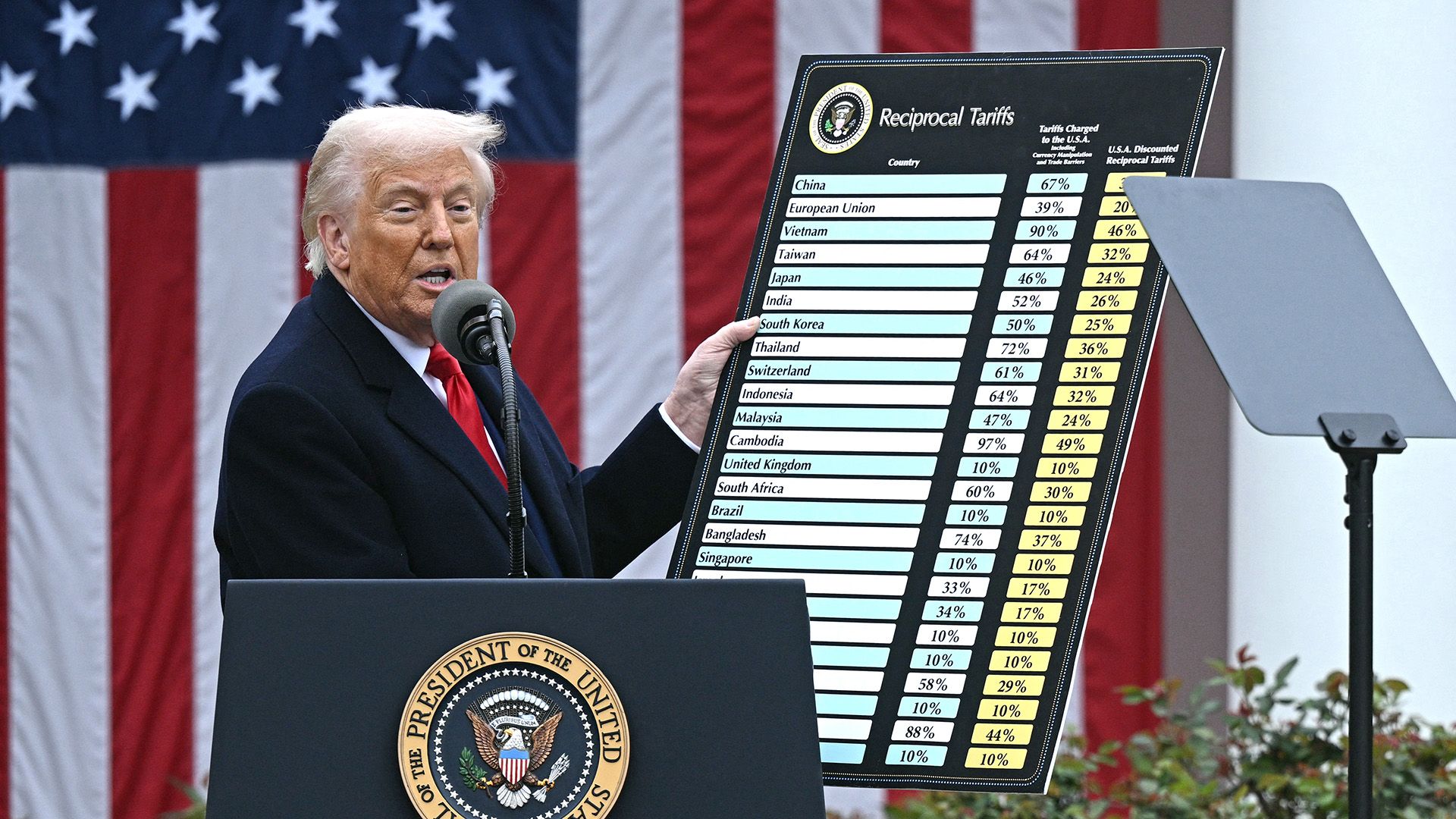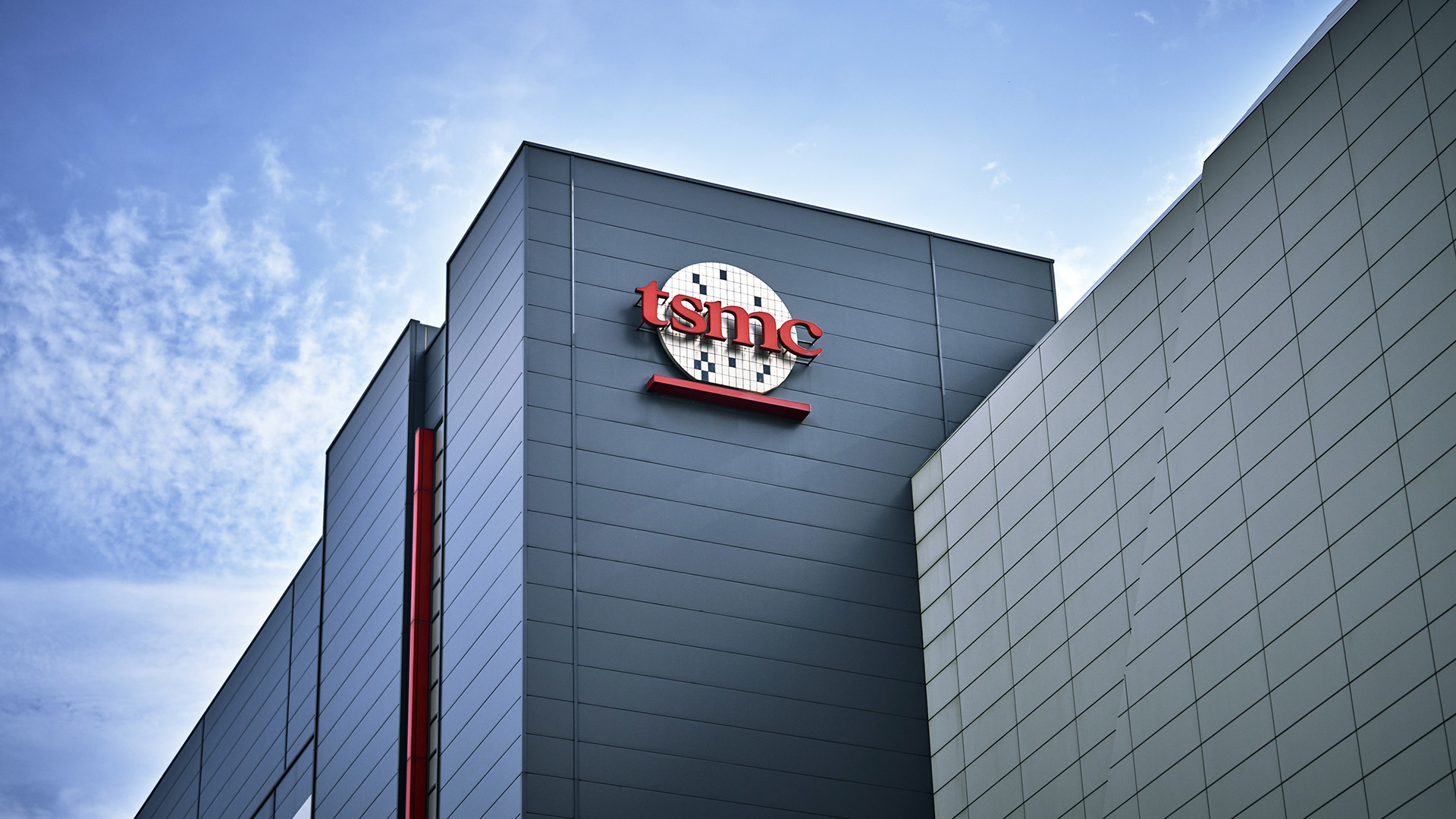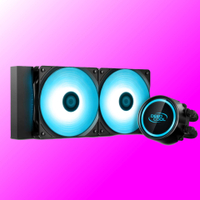
Say what you will about Trump's tariffs, they certainly make for, let's say, 'interesting' times. And in case you were in any doubt about the purpose and spirit of these levies, Trump's latest comments to chip giant TSMC should clear things up: "All I did is say if you don't build your plant here you're gonna pay a big tax... 25, maybe 50, maybe 75, maybe 100%."
Trump said this at a recent Republican National Congressional Committee event (via Reuters). There's more than a slight ring of strong-arm tactics in that, to my ears, but President Trump's argument would doubtless be that if it works, it works. It 'working' here would mean TSMC moving its production to the US, and to be fair to this bold tariff strategy, TSMC is now planning on investing $100 billion in the US.
This is great news for the US, of course, provided the plans come to fruition. TSMC is the world's biggest chipmaker and makes chips for Nvidia, Apple, AMD, and even Intel. But to be clear, TSMC was already planning on investing $65 billion in the US before this, though a Taiwanese Presidential spokesperson clarified that "the most advanced processes will remain in Taiwan."
Previously, the main direct encouragement for TSMC to have its plants in the US came from the CHIPS act, which essentially gives subsidies for companies to make semiconductors in the US. Back in November last year, the US finalised $6.6 billion to be given to TSMC under this act. That's a not-insubstantial carrot to tempt the wafer maker with.
Trump's strategy, however, seems to be more stick than carrot. Currently semiconductors are exempt from the 32% tariffs levied against Taiwan, but President Trump is here pointing out that this exemption comes off the back of serious threats of up to even 100% semiconductor tariffs.

To be clear, these tariffs place a tax on US consumers whenever they buy affected goods. The argument is that this will disincentivise people from buying these goods, which will detract from company profits. The end-goal, of course, being to have the company reconsider their manufacturing bases.
Tariffs can cause problems for affected companies in ways we might not initially expect, too. Just take a look at Intel's tariff FAQs (via X user schamorro357) for steel and aluminum: plenty of hoops to jump through.
The biggest gaming news, reviews and hardware deals
Keep up to date with the most important stories and the best deals, as picked by the PC Gamer team.
And of course, manufacturing chains are complex and can go through multiple stages in multiple different countries. It'd be rare for a global company not to be affected in some way, even if their end-products aren't being taxed.
Some of AMD's and Nvidia's chips are now being produced at TSMC's Arizona fab, and I suppose time will tell whether the US's massive tariff threats move the semiconductor industry more decidedly in a US-centric direction.
Best AIO cooler for CPUs: Keep your chip chill.
Best air cooler for CPUs: Classic, quiet cooling.
Best PC fans: Quiet and efficient.

Jacob got his hands on a gaming PC for the first time when he was about 12 years old. He swiftly realised the local PC repair store had ripped him off with his build and vowed never to let another soul build his rig again. With this vow, Jacob the hardware junkie was born. Since then, Jacob's led a double-life as part-hardware geek, part-philosophy nerd, first working as a Hardware Writer for PCGamesN in 2020, then working towards a PhD in Philosophy for a few years (result pending a patiently awaited viva exam) while freelancing on the side for sites such as TechRadar, Pocket-lint, and yours truly, PC Gamer. Eventually, he gave up the ruthless mercenary life to join the world's #1 PC Gaming site full-time. It's definitely not an ego thing, he assures us.


